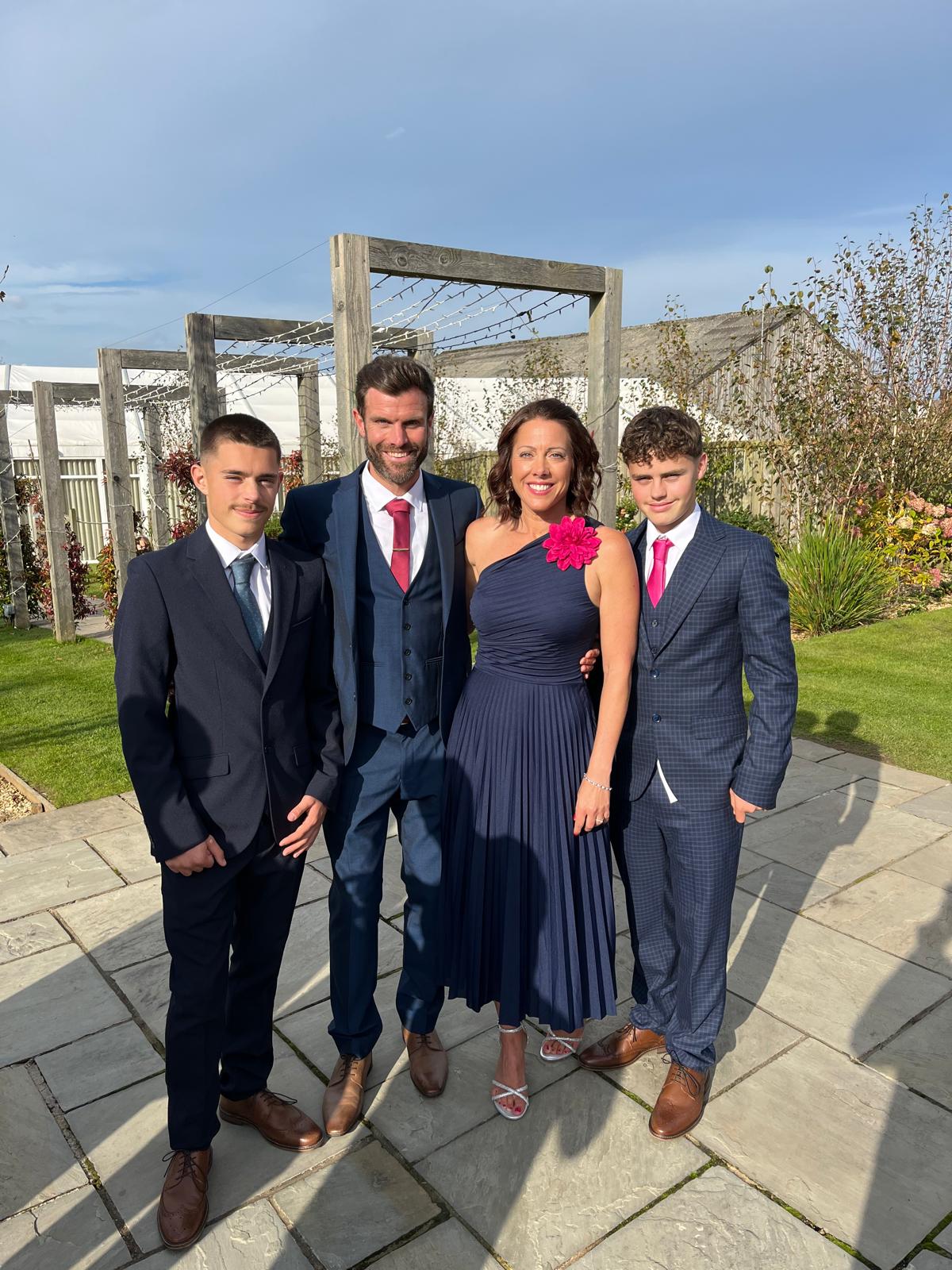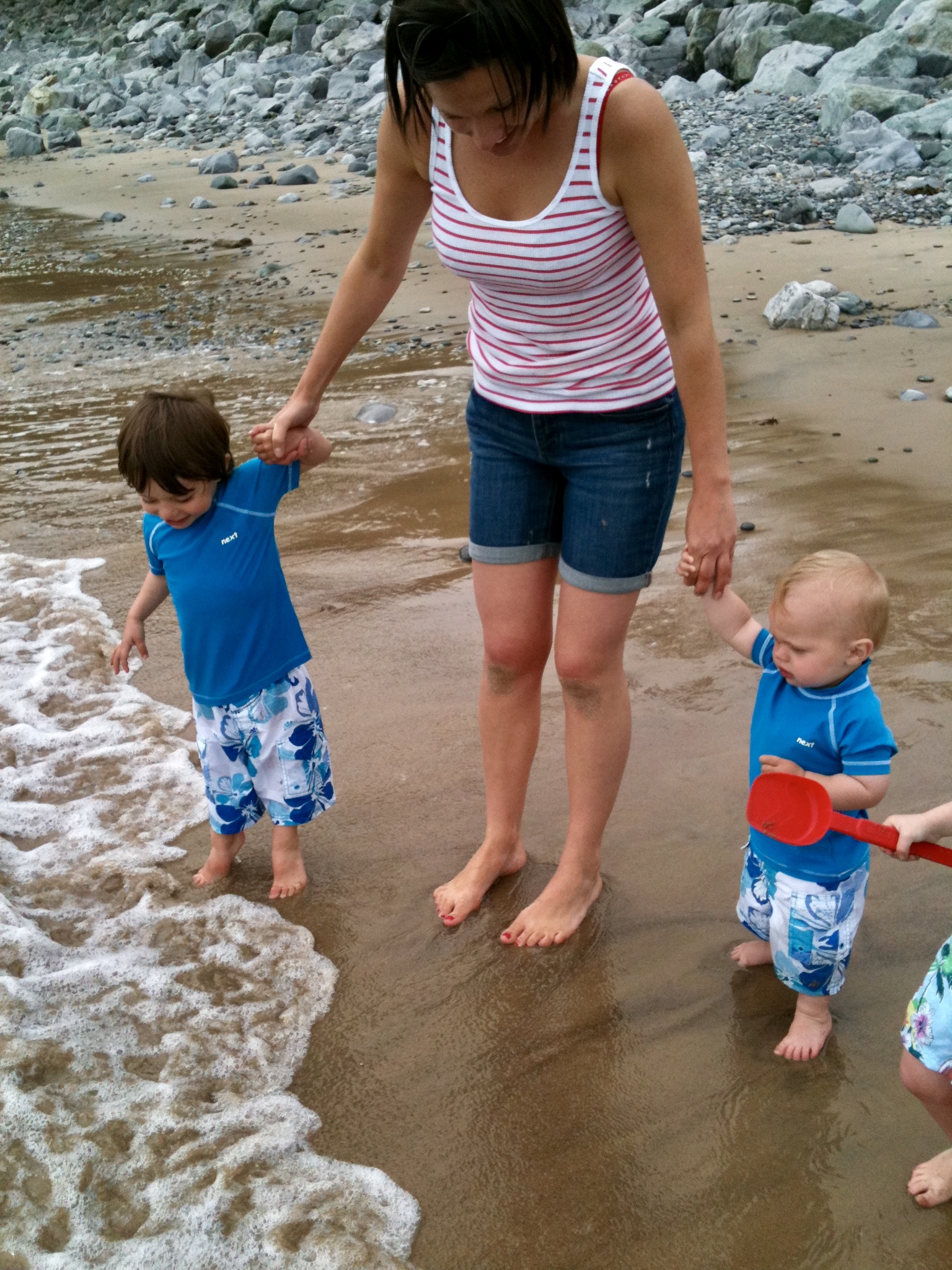

This Mother’s Day, I’ve found myself reflecting deeply on what it truly means to be a mother—especially a mother of boys—and how the roles of “man” and “woman,” “masculine” and “feminine,” are changing in ways that demand our attention and awareness.
As a parent to two teenage boys, the recent Netflix program Adolescence stirred something powerful in me. It tells the tragic story of a teenage boy who commits an unthinkable crime. While the reasons behind his actions are complex, part of the conversation has centred around how a lack of emotional maturity, exposure to harmful material, and a distorted sense of masculinity may have played a role. It’s raised urgent questions about how we’re guiding boys through a world that often sends confusing and damaging messages about power, strength, and identity.
A Single Mum’s Mission
When my boys were born—just 18 months apart—I found myself a single parent with a toddler and a newborn. I was exhausted, overwhelmed, and scared of getting it wrong. But more than anything, I felt a huge responsibility to make sure that being raised in a single-parent household wouldn’t negatively impact them.
I worried about their confidence, their sense of identity, their mental and emotional health, their self-worth. I didn’t want their circumstances to define them or limit them in any way. And so I made it my mission to do the very best I could to raise emotionally aware, kind, respectful, honest boys.
Not just “strong boys.” Not “tough boys.” But thoughtful, compassionate, grounded individuals.
Because I realised early on that it’s not about being a perfect parent. It’s about being a present one. A conscious one.
A Beautiful Chapter Begins
After six years of raising them on my own, I met my husband, Adam and he has been a wonderful role model to them ever since. He is kind, compassionate, thoughtful—a true gentleman. You never hear him raise his voice. He’s respectful when he speaks, always polite and courteous, and he’s played a huge role in their upbringing too.
His presence has reinforced everything I’ve tried to instil in them: that being a man doesn’t mean being loud or dominant. It means showing up with integrity, treating others with respect, and carrying yourself with quiet confidence. He has shown them that real strength comes with softness, and that masculinity can—and should—include emotional intelligence.
The Power of Words
One of the most important lessons I’ve learned in parenting is the power of language—how the words we speak become the beliefs our children hold about themselves and the world.
Phrases like “man up,” “stop crying,” or “don’t be such a girl” might seem harmless in passing, but they’re not. They quietly reinforce the idea that boys must suppress their emotions, that softness is weakness, and that masculinity means stoicism and dominance.
Instead, I try to encourage them to feel, show and talk about their emotions reinforcing It’s okay to cry and to be sensitive – you are still strong! Because being a man doesn’t mean being hard. It means being whole.
Raising a New Kind of Man
As my boys have grown, I’ve watched them become young men who are comfortable in their own skin. They know that strength can look like making your own decisions rather than following the crowd. That power can be expressed through kindness, not control. That being a leader doesn’t require being loud.
They’ve taught me just as much as I’ve taught them.
And what I see now, more than ever, is that parenting is one of the most powerful roles in redefining what it means to be masculine or feminine in today’s world. It’s not about raising boys or girls a certain way—it’s about raising humans who understand the full spectrum of who they are, without shame.
This Mother’s Day…
…let’s honour the role mothers play in shaping the future—not just through nurturing, but through challenging outdated beliefs, through raising sons who feel and lead, and daughters who know their worth beyond appearance.
Let’s continue the conversation around gender, identity, and power—not with fear or blame, but with awareness and intention.
Because the future is not just female.
It’s conscious.
It’s compassionate.
And it starts in the home.
Your Turn…
This Mother’s Day, I’d love to invite you to reflect on how gender roles—both inherited and learned—have shaped your identity, your parenting, or the way you see the world.
What messages did you grow up with about what it means to be a man or a woman?
And what messages are you choosing to pass on?
Let’s raise this next generation to be not just strong—but wise, kind, and awake.
